A high-stakes negotiation over climate finance is underway as UN climate talks begin in Baku, Azerbaijan. With worsening heatwaves, floods, droughts, and storms, experts estimate that addressing climate change will require trillions of dollars—money that poorer nations simply do not have.
The core issue at COP29 is funding: who will contribute, and how much? Wealthy nations committed to providing $100 billion annually to developing countries in 2009, but experts now argue the real need is at least $1 trillion per year.
The Cost of Climate Action
“This is a game with enormous stakes,” said Bill Hare, CEO of Climate Analytics. “What we do in the next five to ten years will determine the fate of the planet.”
While this year’s summit has fewer world leaders in attendance—48 fewer heads of state compared to last year—the outcome of these financial negotiations will shape next year’s crucial climate talks. Experts warn that failure to agree on funding in Baku will significantly weaken efforts to curb global emissions in 2025.
Complicating matters, two of the wealthiest nations expected to contribute—Germany and the United States—face political uncertainty. The Biden administration is participating in talks, but concerns loom over the potential return of Donald Trump, who has downplayed climate change and opposes foreign aid.
Climate Finance: A Make-or-Break Factor
“If we don’t solve the finance problem, we won’t solve the climate problem,” said Pablo Vieira, former deputy climate minister of Colombia and head of the NDC Partnership, which supports countries in setting emissions-cutting targets.
Transitioning away from fossil fuels is costly, and without financial support, many nations cannot afford to make the shift. Developing nations, which contribute only a small fraction of the world’s carbon emissions, argue that it is unjust for them to bear the burden of a crisis they did not create.
- The world’s 47 poorest countries account for just 4% of global emissions, yet they are the most vulnerable to climate disasters.
- Meanwhile, the G20 nations, responsible for 77% of historical emissions, have pledged to cut pollution but are often slow to act.
Justice and Responsibility
“The countries that are wealthy today got there by polluting the Earth,” said Ani Dasgupta, president of the World Resources Institute.
Developing nations are seeking financial aid for three key areas:
- Transitioning to clean energy – Replacing coal, oil, and gas with renewable energy sources.
- Adapting to climate change – Strengthening infrastructure against rising seas, hurricanes, and droughts.
- Compensating for damage – Addressing the irreversible losses caused by extreme weather events.
“If the global community fails to reach a finance deal, it’s essentially signing the death warrant of many developing countries,” said Chukwumerije Okereke, director of Nigeria’s Center for Climate Change and Development.
Despite total climate finance reaching $1.5 trillion since 2022, only 3% has gone to the world’s poorest nations, according to Michael Wilkins of Imperial College London.
Finding the Money
The $1 trillion per year that experts call for is half of what the world spends on the military annually. Redirecting global fossil fuel subsidies—ranging from $616 billion (IEA estimate) to $7 trillion (IMF estimate) per year—could provide another major funding source.
“When we need money for war, we find it,” said Inger Andersen, Executive Director of the UN Environment Programme. “Well, this is the biggest battle of all.”
A UN climate finance committee recently assessed needs from 98 countries, estimating a required budget between $455 billion and $584 billion annually.
Climate funding does not only come from government aid. Development banks like the World Bank, private sector investment, and debt relief programs for developing nations—who collectively owe $29 trillion—are also key factors.
Who Should Pay?
For decades, climate talks have used 1992 economic classifications to determine which countries should contribute financially. But the world has changed since then:
- China, now the world’s largest carbon emitter, has increased its per capita GDP more than thirtyfold.
- Oil-rich nations, which were not previously required to contribute, now have significantly greater wealth.
Wealthy nations want these emerging economies to start contributing. But China and other developing nations resist taking on these financial obligations, creating yet another point of contention.
“This is a very fraught discussion,” said climate policy expert Alden Meyer. “Scaling up climate finance on this scale will be one of the toughest challenges of these talks.”
As the negotiations in Baku continue, the world watches closely. The outcome will determine whether developing nations get the support they need—or if global climate efforts will stall, leaving the planet on a dangerous trajectory.
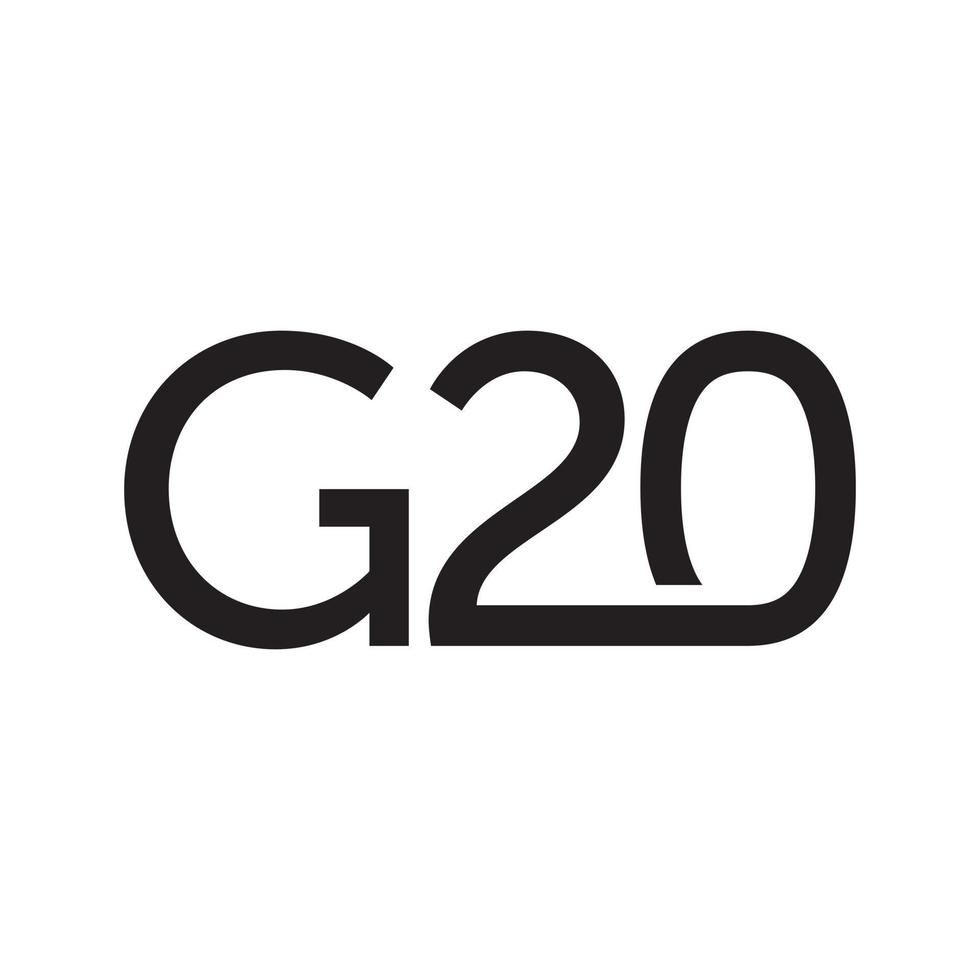



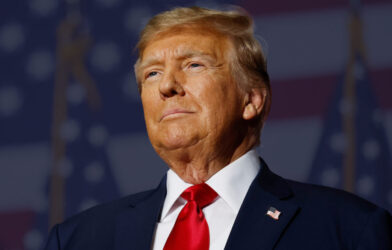
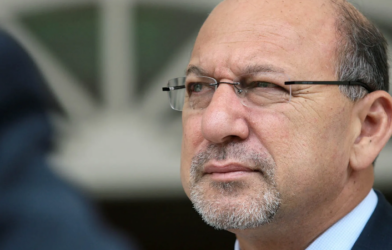
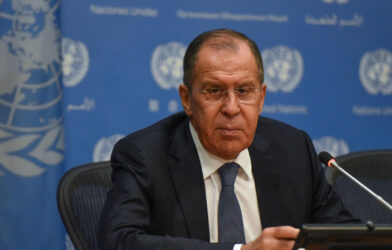

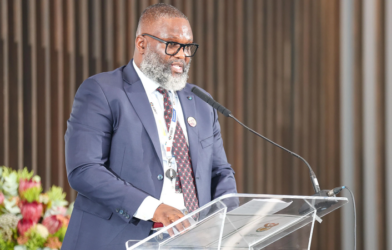
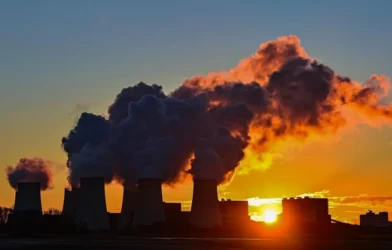
Comments are closed